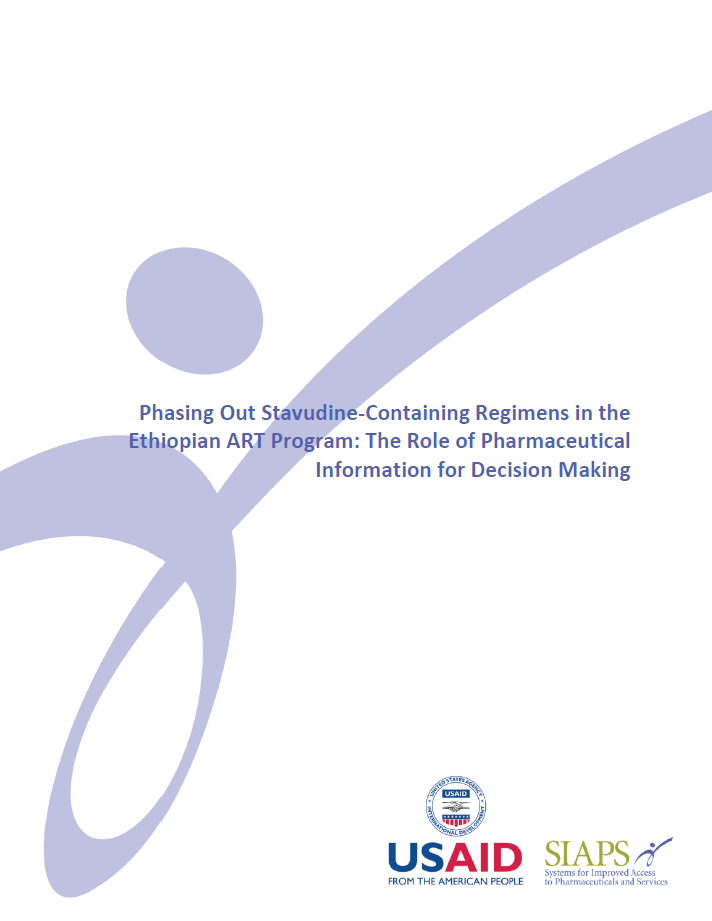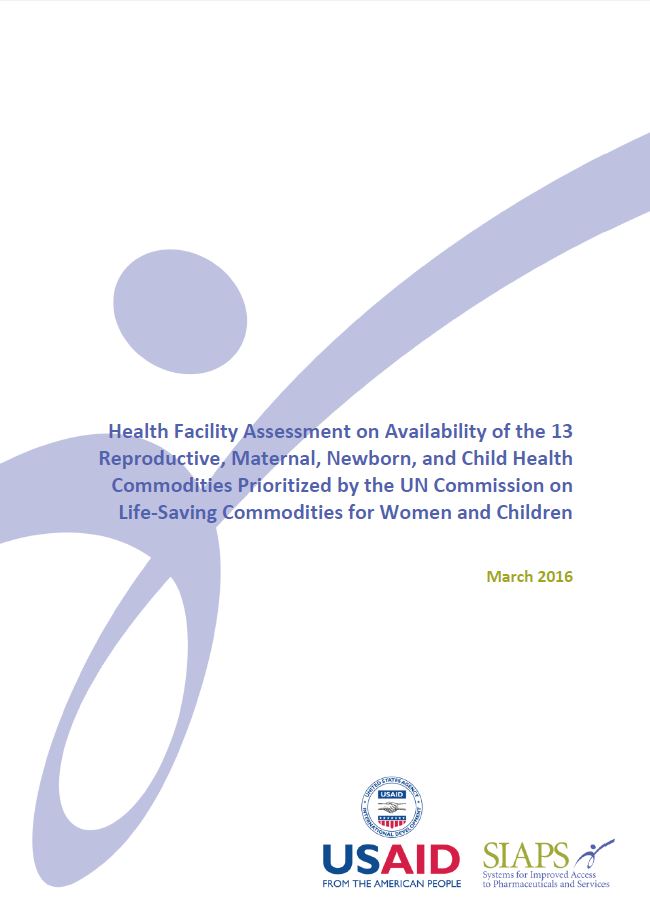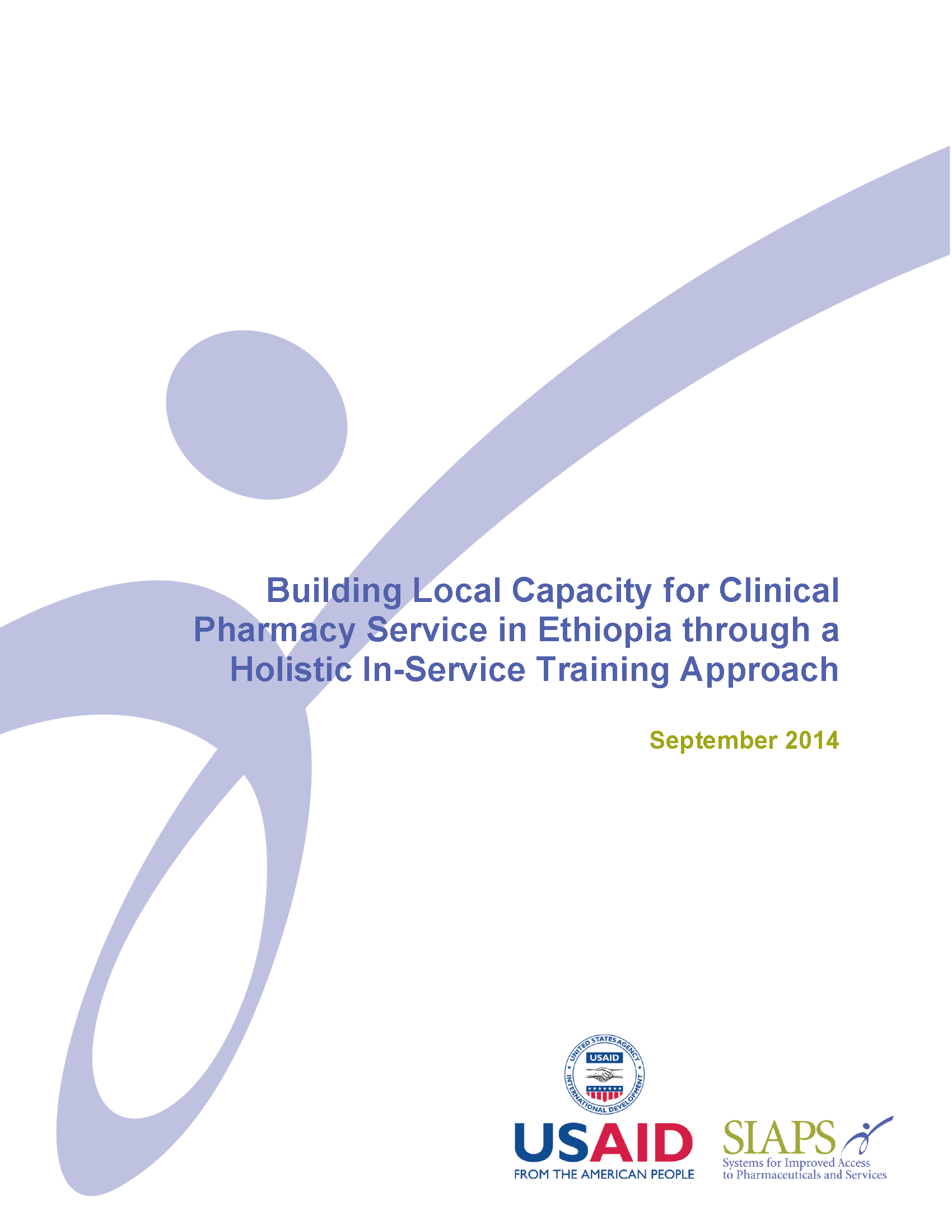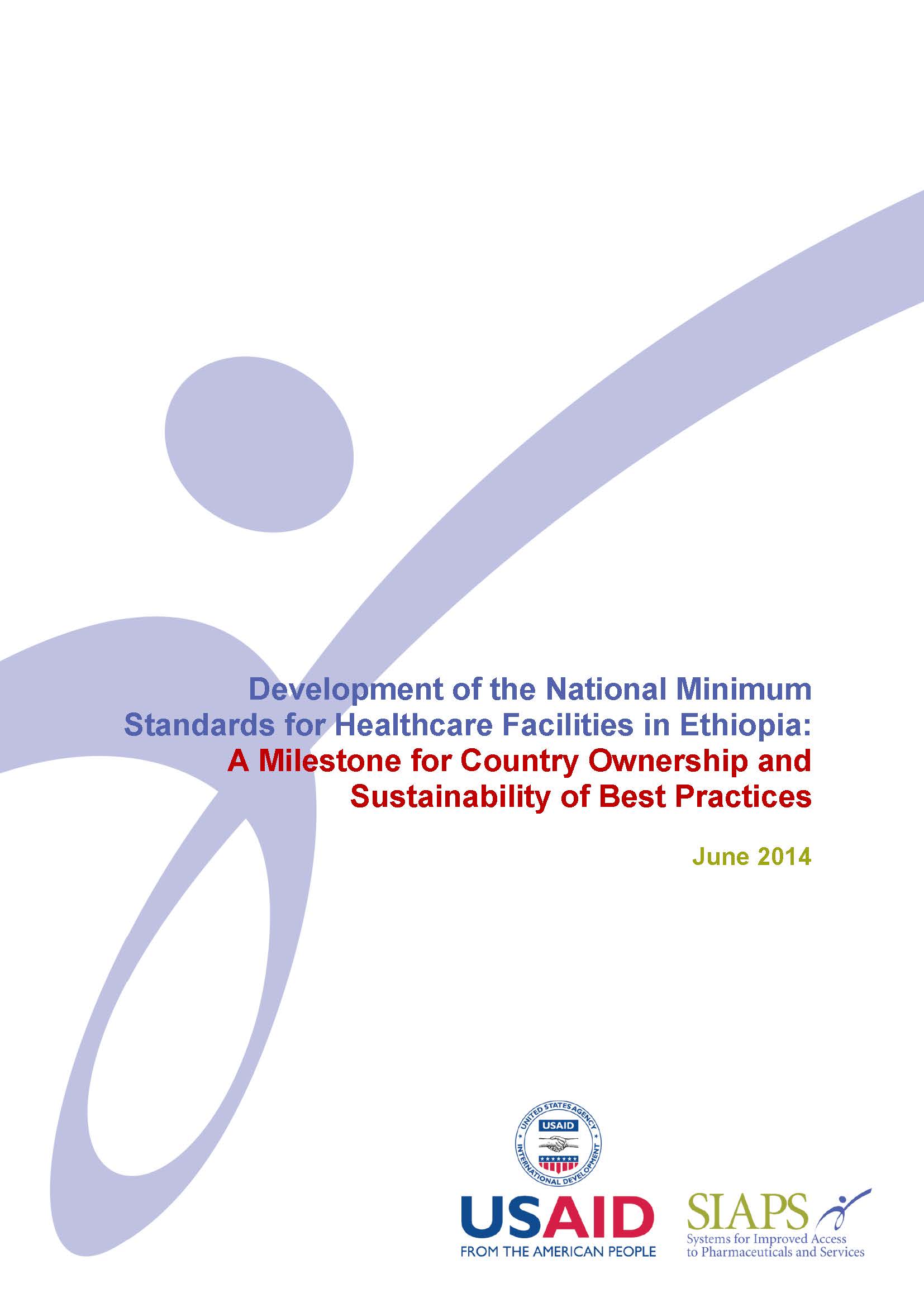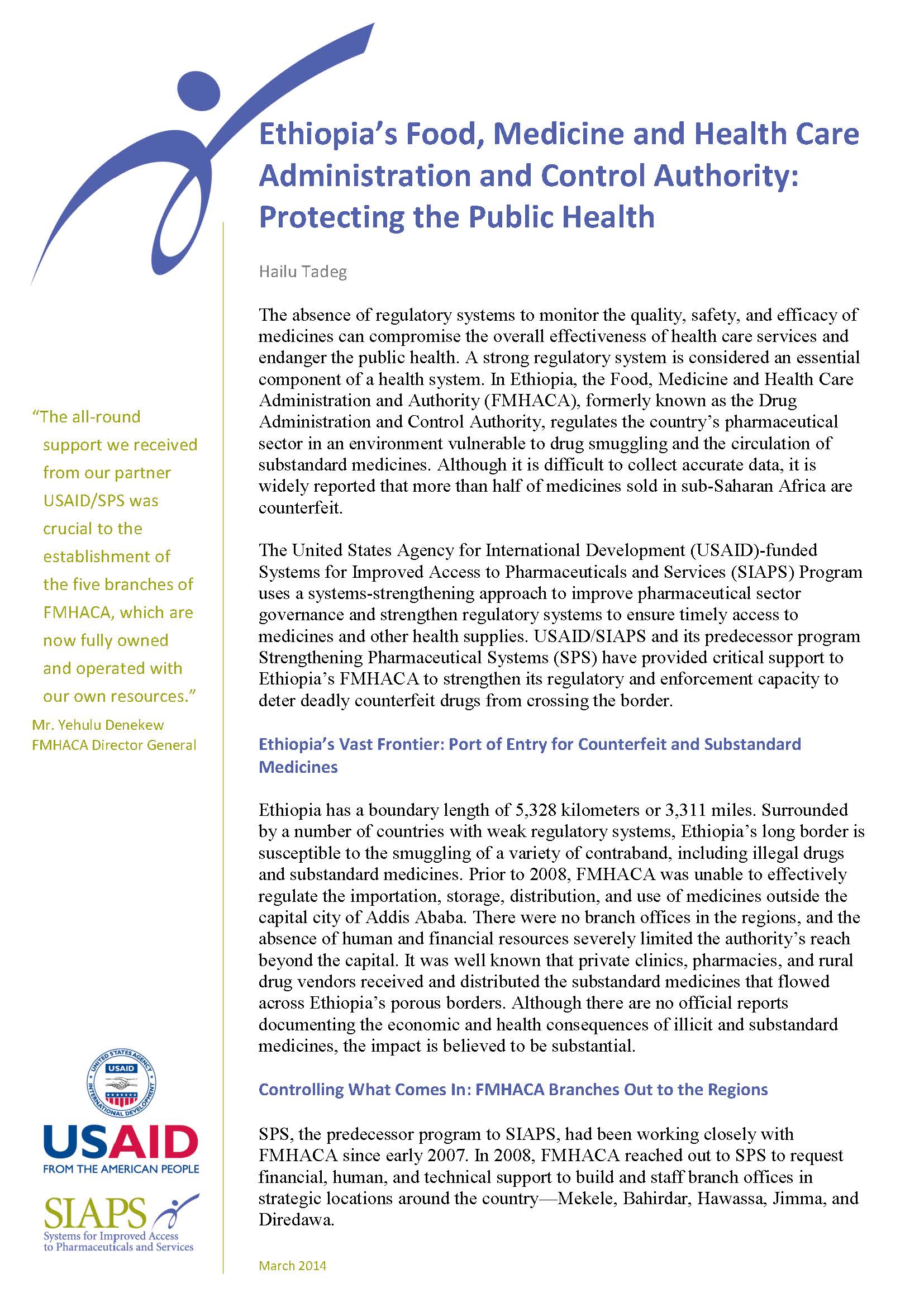This was a descriptive retrospective study that used secondary data collected from ART service pharmacies’ routine reports. The reports contained the patient’s medication profiles on specific type of regimen. All first- and second-line regimens are captured by the reports. The study used data and reports from September 2012 to September 2014. About 205,832 patients were … Read more
capacity building, Drug Information Service, E Ejigu, E Geremew, E Rutta, Ethiopia, H Tadeg, HIV/AIDS, M Alemayehu, Supervision, Technical Report, Y Yiegezu
Every day, about 800 women die from preventable causes related to pregnancy and childbirth. Although great strides have been made in reducing global child mortality, newborns now account for 44% of all childhood deaths. Ethiopia contributes to more than 4% of all global maternal deaths, which were estimated at 1,300 in 2013. In 2010, the … Read more
A Korra, Assessment, commodities, E Ejigu, Ethiopia, H Tadeg, Reproductive Maternal Newborn and Child Health, RMNCH, Supply chain management, Technical Report, W Getahun
Recognizing the need for patient-focused services and the competency gap in the curriculum, schools of pharmacy in Ethiopia revised their curricula in 2008 to focus more on the patient. In addition, recognizing the potential benefits of introducing clinical pharmacy to the patients and the health sector, the Federal Ministry of Health (FMOH) has included clinical … Read more
Building Capacity, clinical pharmacy, Ethiopia, H Tadeg, in-service training, N Mekonnen, optimizing treatment outcomes, patient-focused care, pharmaceutical services, pharmacy, Poster Presentation, T Chanie, Y Yiegezu
Licensing is a statutory mechanism by which a governmental authority grants permission to an individual practitioner to engage in an occupation or to a healthcare organization to operate and deliver services. Licensing allows governments to ensure basic public health and safety by controlling the entry of providers and facilities into the health care market and … Read more
The absence of regulatory systems to monitor the quality, safety, and efficacy of medicines can compromise the overall effectiveness of health care services and endanger the public health. A strong regulatory system is considered an essential component of a health system. In Ethiopia, the Food, Medicine and Health Care Administration and Authority (FMHACA), formerly known … Read more
The development and dissemination of the medicines waste directive has made all stakeholders aware of the safe and proper management of medicines wastes. Following publication of the directive, but before its dissemination, some institutions have already started exploring various options to deal with disposal of existing wastes.
Tadeg H, Berhane Y. Substandard and counterfeit antimicrobials: recent trends and implications to key public health interventions in developing countries. East Afr J Public Health. 2012;9(2):85-9. View the abstract
